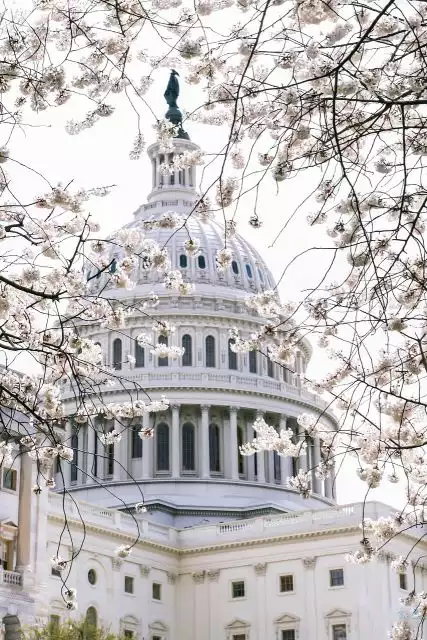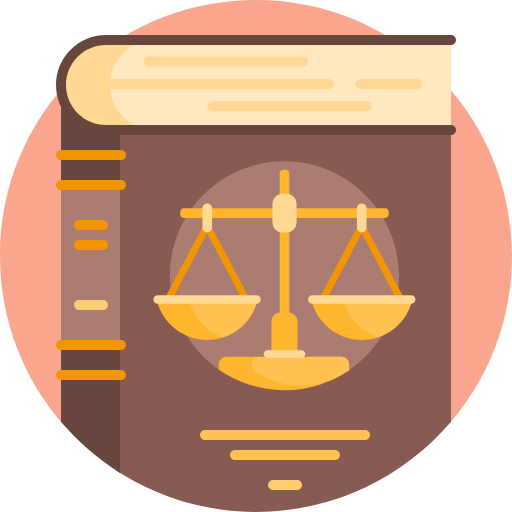
“If an employee reports to a worksite and leaves every night at 5 p.m., it is generally pretty clear that after 5 p.m. the employee is no longer ‘on duty.'” she kept in mind. “But teleworkers might go on and off duty in a much less specified way; e.g., going to after dinner to end up a memo and after that hopping onto Facebook 20 minutes later on, potentially on the very same tool. Because the lines in between permitted and impermissible tasks generally depend on whether an employee is on responsibility, teleworkers should make sure to not create issues on their own that might conveniently be avoided.”
Since the lines between impermissible and acceptable tasks generally depend on whether a worker is on duty, teleworkers should make sure to not produce problems for themselves that could conveniently be prevented.”
A lot of government workers drop under the “less limited” classification and are paid for a lot more ability to participate in off-the-job partial political activity than those in the “further limited” classification, that includes government employees at investigatory and enforcement companies. Federal employees need to understand that some companies place employees in a further limited group who or else would certainly not be (for instance the Justice, State, Homeland Safety and Defense departments). There are some exemptions to Hatch Act guidelines for political appointees.
Many government employees drop under the “much less limited” group and are managed extra ability to involve in off-the-job partial political task than those in the “more limited” group, which includes federal employees at investigatory and enforcement firms. Federal employees need to be aware that some agencies put workers in a more restricted classification who or else would certainly not be (for example the Justice, State, Homeland Security and Defense departments).
Lawyer John Berry and Kimberly Berry of Berry & Berry PLLC, an employment and labor law firm, composed in a 2022 article that “where firms have actually developed policies allowing restricted personal use government resources by their employees, those policies may accredit staff members to access their personal social media accounts while on duty.” They cautioned that “there is no right to privacy on job tools,” such as computer systems and phones.
Stephanie Rapp-Tully, partner at Tully Rinckey PLLC that specializes in federal employment regulation, stated by e-mail in 2024 that there are still a great deal of “gray locations and mistakes” with respect to the Hatch Act and telework.
If employees are working from home, yet they’re on task, they’re obtaining paid by the federal government, after that they’re still subject to the prohibition against engaging in political task while on duty.”
She also advised that government workers need to be a lot more careful on social networks. “The [OSC] has announced that it would certainly boost its Hatch Act oversight and crack down on infractions. The regulations have not changed, but I assume that this political election cycle might have federal employees finding themselves dealing with technique if they are willful and not careful with their political social media sites use,” she composed.
Federal employees who are “much less limited” can express “their opinions concerning a partial team or prospect in a partisan race (e.g., article, ‘like,’ ‘share,’ ‘tweet,’ ‘retweet’), however there are a few restrictions, such as participating in this task while on duty or at the workplace; using their official titles or settings in a post; or obtaining political contributions at any time,” OSC states on its internet site. “More limited government employees likewise might reveal their point of views concerning a partisan team or prospect in a partial race,” however they have actually the constraints noted above along with others.
OSC said in an assistance refresher in 2021 that Hatch Act “restrictions use despite whether an employee is utilizing federal government devices or an individual device or whether the employee’s social media sites account is private, public or utilizes a pen name.”
“As a whole, it has actually always been rather very easy to avoid breaching the Hatch Act,” Debra D’Agostino, starting partner of the law firm Federal Method Team, informed Government Executive in 2022. “The issue telework provides is that the line in between on and off duty is much more fuzzy.”
“The only restriction that is really affected is the restriction against engaging in political task while on obligation or in a government structure. For purposes of that restriction, ‘on-duty’ is when you are in a paid condition, other than paid leave. If workers are working from home, however they’re on obligation, they’re obtaining paid by the federal government, then they’re still subject to the prohibition against involving in political task while on task.”
1 federal employees2 generally pretty clear
3 Hatch Act
« European leaders denounce political violence after shocking Trump shootingHigh crimes and mental competency don’t keep presidents from security clearances because, they don’t get them »
